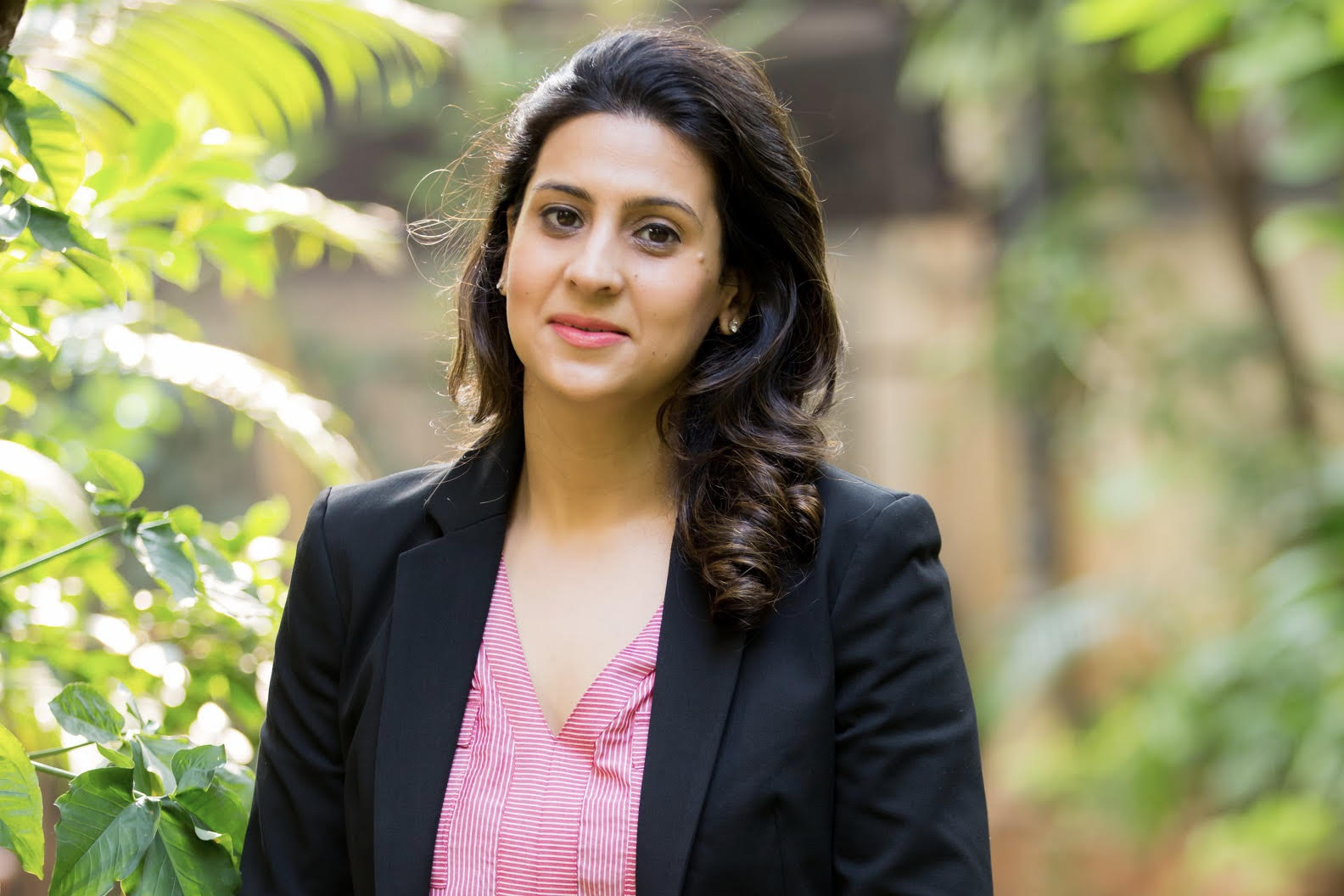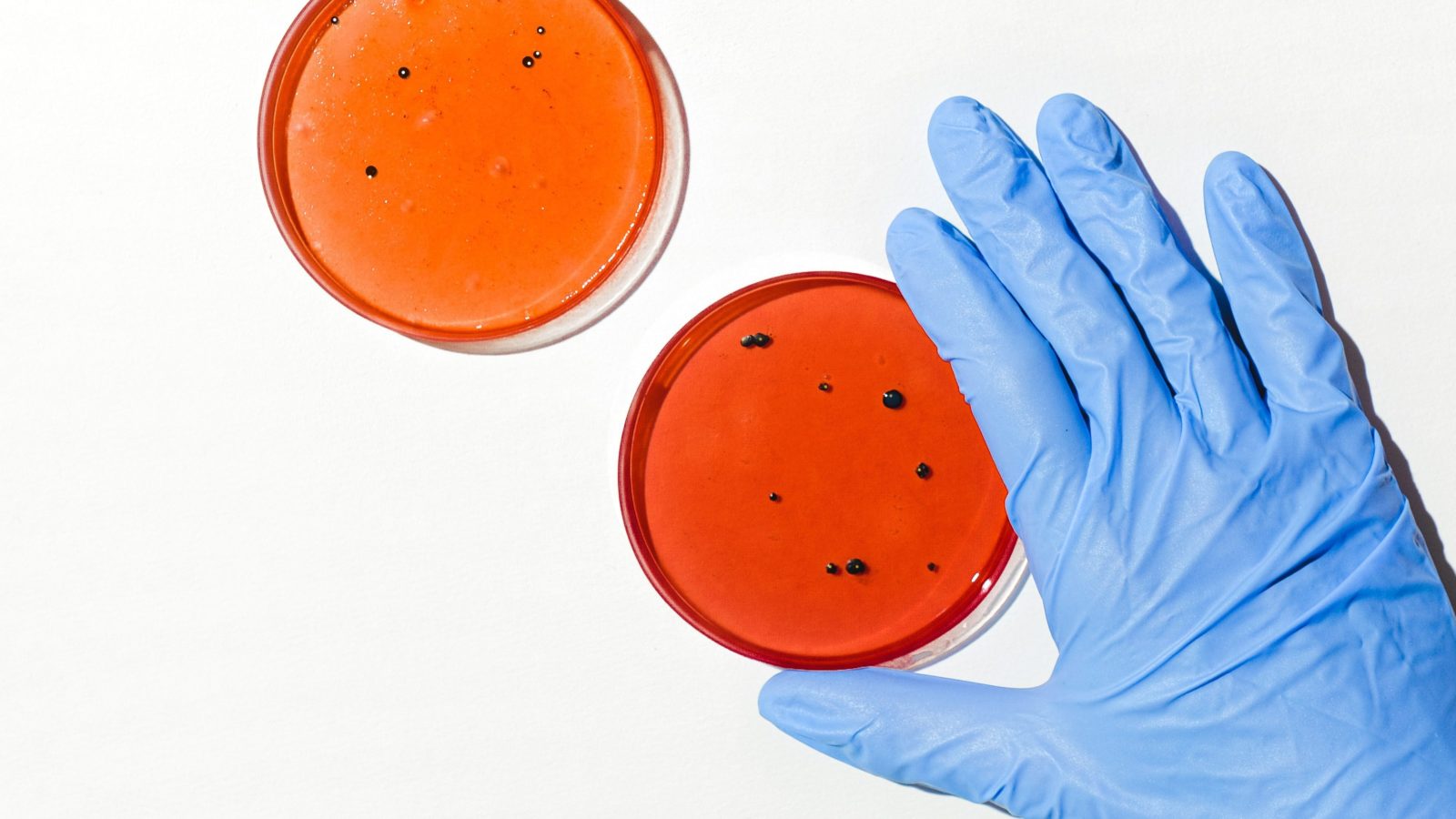Dealing with daily emergencies during the pandemic can be exhausting. both physically and mentally. The long working hours, maintaining absolute hygiene standards, isolation from family members and to top it all the fear of being COVID+ can emotionally break even the ones who are trained to save lives.
Do our frontline workers know how to manage grief when they lose patients on a daily basis? Are they feeling helpless despite their envious degrees and established positions? Do they feel inadequate and a sense of worthlessness?
The question of “Am I good enough at my job of keeping people alive” keeps hounding them day-by-day as the death toll increases. Not having any prior experience of dealing with pandemics and uncertainty of a vaccine or an established treatment plan makes us vulnerable to anxiety and self-doubt.
The five key elements that may help us be resilient while we are constantly on call are:
The 5 As of crisis management
1. Acceptance of uncertainty: Since we don’t have a specific established treatment plan for COVID-19, it’s the hypothesis that best suits the case that works. Trust your judgment and move forward. As Albert Ellis, renowned psychotherapist, has said: “Have the courage to change whatever you can, accept what you cannot and have the wisdom to know the difference between the two.”
2. Allow room for imperfection: In chaos and panic a lot may be not perfect and the learned rigid protocols of medical science have been tossed over to accept the new guidelines. Be kind and compassionate not only with yourself but also with your colleagues.
3. Arrange and delegate: Medicine and saving lives has always been an interactive science where doctors and nursing staff from various specialised fields come together to create and save lives. In times of personal distress and panic look for seniors, mentors and colleagues to take over the case while you take a time-out to gather yourself. Burnouts don’t seem to be an option currently but can be minimised when you allow yourself to be vulnerable and overcome the shame and embarrassment to seek help.
4. Ask and anchor: As this pandemic is here to stay, reflect on your day and make notes on your analysis of the strengths and weakness. Ask yourself “What is that one ingredient that helps my body sustain? Anchor on those strengths and reshape your life. Allow your mental capacities to unwind with music, television and exercise.
5. Absorption of grief: We have all experienced loss at some stage in our life through separation, divorce, or death of a loved one. When encountered with negative/bad events by default the neurological system of the brain shuts down in denial and anxiety. The pandemic has brought a sense of collective loss and grief for example loss of jobs, relationships and our normal lives.
Absorb, and process the chaos. Mindfully gain control over your breath, slowing it down and simply feeling alive. As Rabindranath Tagore said: “I slept and dreamt that life was joy. I woke up and saw that life was duty. I worked, and behold, duty was joy.”


